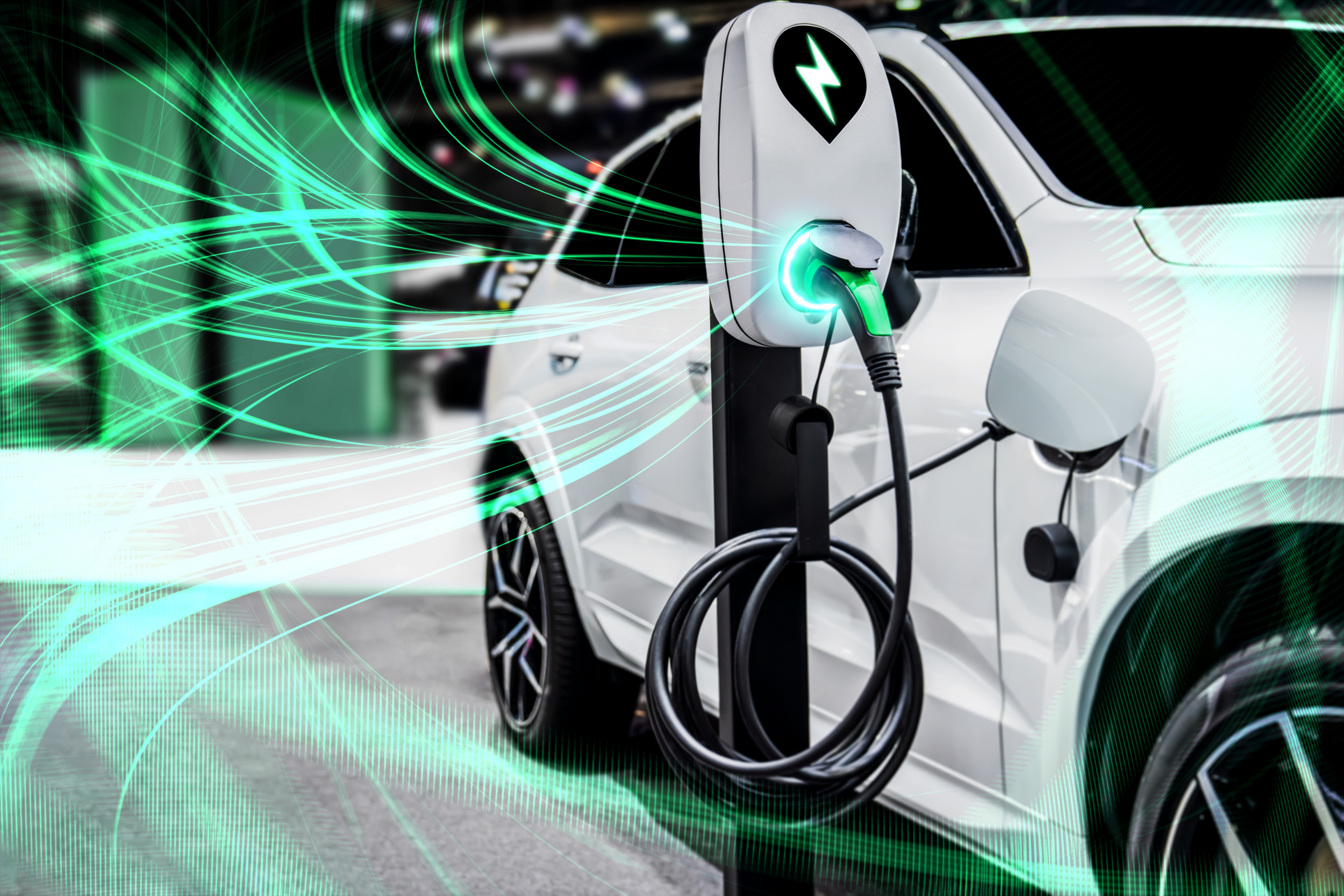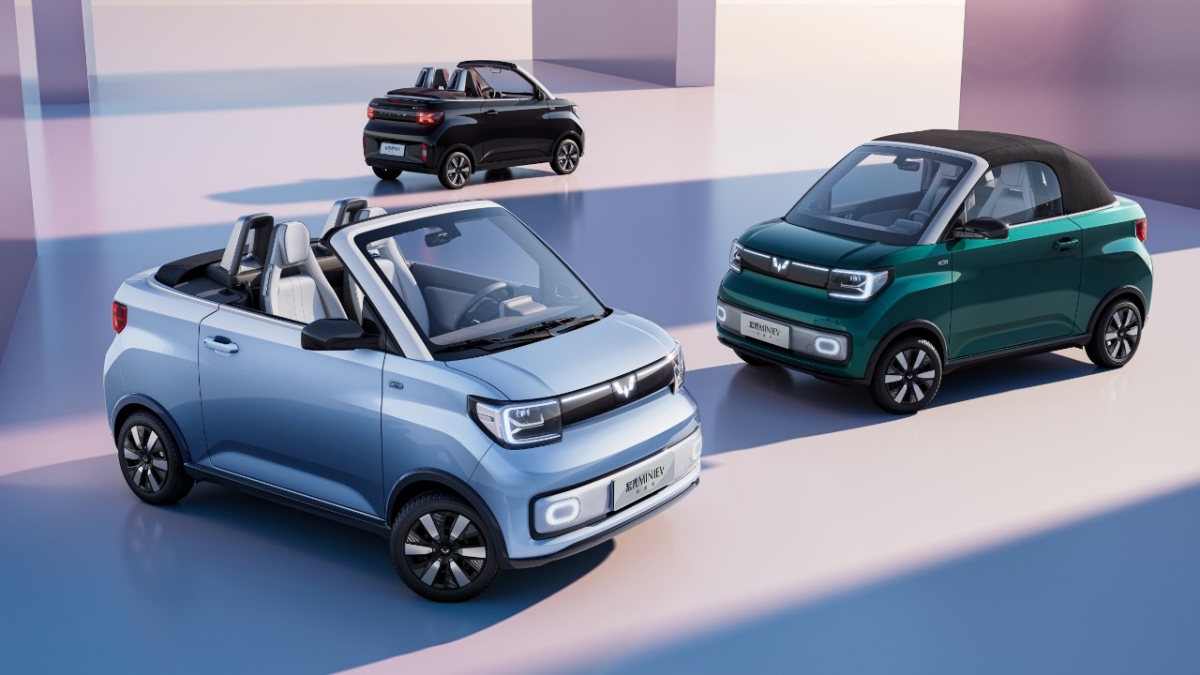
Although electric vehicles took roughly six years to get from 1% to 10% of global market share, it will take just six more years to reach 80% adoption, an RMI report says.
- Electric vehicles will account for 62% to 86% of global sales by 2030, with China reaching an EV market share of at least 90% by then, according to an RMI report in September.
- Policy and lower battery costs will fuel the widespread adoption of EVs, leading to battery-powered vehicles costing the same as internal combustion engine vehicles in every major car market and segment by 2030, the report says.
- Countries will need to upgrade their power grids, deploy widespread EV charging infrastructure, recycle batteries and solve a range of other complex challenges to support the EV transition, the report says.
Electric vehicle battery costs should fall below $100/kWh by 2026, according to BloombergNEF’s 2022 Battery Price Survey, making EVs much more affordable. In addition, without the fuel or maintenance costs of ICE vehicles, EVs will also be cheaper to operate, which could further spur adoption.
But EV sales have already experienced exponential growth, RMI says. In Norway, approximately 80% of all new cars sold last year were fully electric. Although EVs took roughly six years to get from 1% to 10% of global market share, it will take just six more years to reach 80% adoption, according to RMI.
In 2022, the volume-weighted price of lithium-ion batteries across all sectors averaged $151/kWh in 2022, according to BloombergNEF.
However, battery prices in China are $131/kWh. As a result, comparable EV and ICE vehicles have achieved price parity in China. The report says the best-selling EV in China last year was the SAIC Wuling Mini EV, which costs about $5,000. In 2022, sales of the Mini EV reached 554,067 vehicles, accounting for 9.5% of all pure EV sales in China and 50% of the local micro EV market.

RMI also noted automakers are already preparing for the transition to EVs, although the report says they were forced to change their strategy due to China’s dominant position in the segment as a result of policy, falling battery costs and rapid innovation that led to achieving EV price parity. But price parity will be reached in every major car market and segment by the end of the decade, according to the report.
According to RMI, most major automakers are committing 50%-70% of their capital expenditures and research and development budgets to EV development and digital technologies. They have largely stopped investing in ICE platforms. In addition, as global automakers pivot to building only EVs, ICE vehicles are projected to become a niche product.
In addition, as the world’s automaker’s race to become leaders in the EV segment, companies are already building enough battery plants and factories for EVs to dominate car sales by 2030.
Source: automotivedive.com
